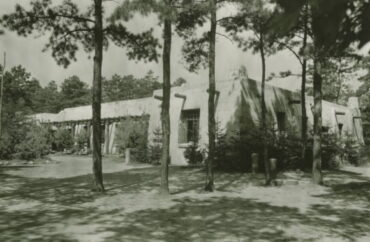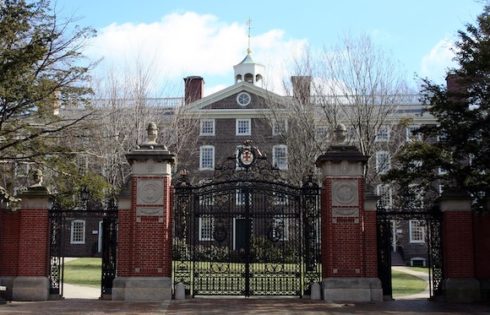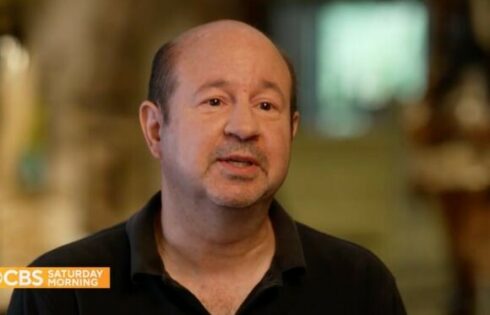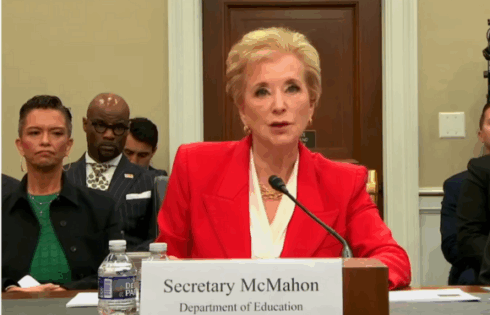
Springfield College in Massachusetts will rename an outdoor building called the Pueblo of the Seven Fires amid Native American cultural appropriation concerns and after major discussions held in recent months regarding that moniker and several others.
While campus leaders said they will still call the 92-year-old building the “Pueblo,” it will no use its historic “Pueblo of the Seven Fires” moniker.
“The Pueblo of the Seven Fires is the name of the main building located on Springfield College’s East Campus, which consists of about 80 acres of forested land … that support the college’s recreation and camping programs as well as providing experiential learning opportunities for the community,” according to the university’s historical archives, which note the building was dedicated in 1932 and is “the only authentic southwestern pueblo structure east of the Mississippi.”
But President Mary-Beth Cooper announced Wednesday in an email to students and faculty the term “Seven Fires” will no longer be used, while Pueblo will be kept, the Springfield Student reported.
“Pueblo in this instance is named for its Southwestern architectural style. I agree with the [Renaming] Committee that when we do retain a name, we provide some context on the meaning of the name, and you will see that added to the building and materials about the East Campus,” she wrote.
Several more names will be removed as a result of the Renaming Committee’s review: “Council Ring and Sti-Yu-Ka will no longer be used and we will be officially adopting new names in the coming weeks,” the Springfield Student reported Cooper as stating.
According to the university’s website, the 4,4000-square-foot Pueblo features seven fire places, and the “seven fires refer to the seven fires of youth: self-expression, universality, ruggedness, regret/humility, truth, comradeship and beauty.”
“… In 1950, the Pueblo was officially designated the E.M. Robinson Pueblo of the Seven Fires, in honor of Edgar Monroe Robinson. Today the Pueblo is still used as it was originally designed, as a student learning facility hosting classes, camp groups and acting as a special function hall.”
New England Public Radio reported that the recent decision upset an Acoma Pueblo activist based in Kansas, who told the news outlet it is “weird how they’re using that term and applying it to a building when we’re a people, there’s many Pueblo nations out there. It’s not just architecture. And to use this term in their own way is cultural appropriation.”
While some Springfield College names were tossed, others were saved: any name with Massasoit.
Cooper, in her email to the campus community, stated: “Camp Massasoit is held in enormous affection by alumni, by camp staff and in the memories of past campers. For thousands of our alumni, Massasoit Hall is iconic: It is where they first encountered life at Springfield and for so many, it is the place they first met the people who became their lifelong friends. Sixty-three years of Springfield students have lived in that building. They aren’t going to call it something else, and personally, I don’t think they need to.”
“We know that the name Massasoit – a Wampanoag tribal title for leader – is used all across this state without any objection. Simply put, Massasoit is used every day without objection or controversy all across the region where the Wampanoag lived, and still live. Camp Massasoit and Massasoit Hall hold cherished memories. I have not seen evidence that Massasoit is in any way degrading or insulting. In fact, as one of our community who is Native American said in a public forum, it helps to remind us of who was here before us; it helps us not forget.”
MORE: Review The College Fix’s Campus Cancel Culture Database
IMAGE: Springfield College
Like The College Fix on Facebook / Follow us on Twitter







Please join the conversation about our stories on Facebook, Twitter, Instagram, Reddit, MeWe, Rumble, Gab, Minds and Gettr.